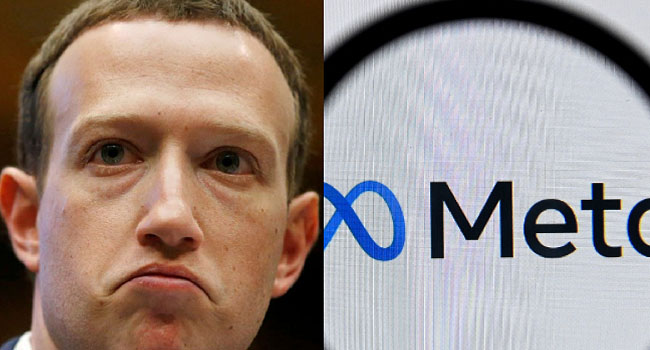ARCON, the Nigerian Advertising Regulatory Board, has initiated legal proceedings against Meta, the company that operates Facebook, Instagram, and WhatsApp, as well as AT3 Resources Limited, Meta’s legal representative.
In the complaint, it is said that Meta and AT3 Resources Limited caused financial damage by showing Nigerian consumers ads that they were not allowed to show.
“It is illegal, against the law, and a violation of the current advertising laws in Nigeria for Meta Platforms Incorporated to keep publishing and showing different ads for the Nigerian market on Facebook and Instagram without making sure they have been checked out and approved first.
Read also: Meta Company Accuses Facebook of Alleged Trademark Infringement
Nigeria’s ARCON fines Meta
ARCON wants a fine of #30 billion, or about $50 million, for breaking the rules about advertising.
The Regulatory Board emphasizes that it will not tolerate unethical or irresponsible advertising in Nigeria’s advertising space and reiterates that this policy will not change. ARCON says that it doesn’t control the online media environment, but rather the advertising and marketing communications that happen on these platforms, as required by the Act that made it possible for it to exist.
According to Olalekan Fadolapo, the director-general of ARCON, the decision to file a lawsuit was necessary after a number of attempts to talk to the corporation failed. ARCON made many of these attempts, but none of them were successful.
Aside from this, Meta is also studying African languages
As part of its effort to improve and expand language translations on Facebook, Instagram, and Wikipedia, Meta has announced the open sourcing of a single artificial intelligence model that is capable of translating across 200 distinct languages. These languages include Igbo and 55 other African languages.
The “No Language Left Behind” NLLB-200 was developed with the intention of enhancing machine translation for the majority of the low-resource languages spoken around the globe. The emphasis will be placed on the languages of Africa.
The company noted that in order for AI models to learn, there is a need for an enormous amount of data, and unfortunately, there is not a great deal of training data that has been human-translated for these languages.
It said, “We worked with expert translators for each of these languages to set up a reliable benchmark that can automatically measure the quality of translation for a large number of languages with few resources.”
“We also collaborate with experienced translators to perform human review as well,” which means that individuals who are native speakers of the languages analyze the work that is produced by the AI. Due to the fact that only a few languages are used most often on the internet, only a small portion of the world’s population can use the internet in their own language.
